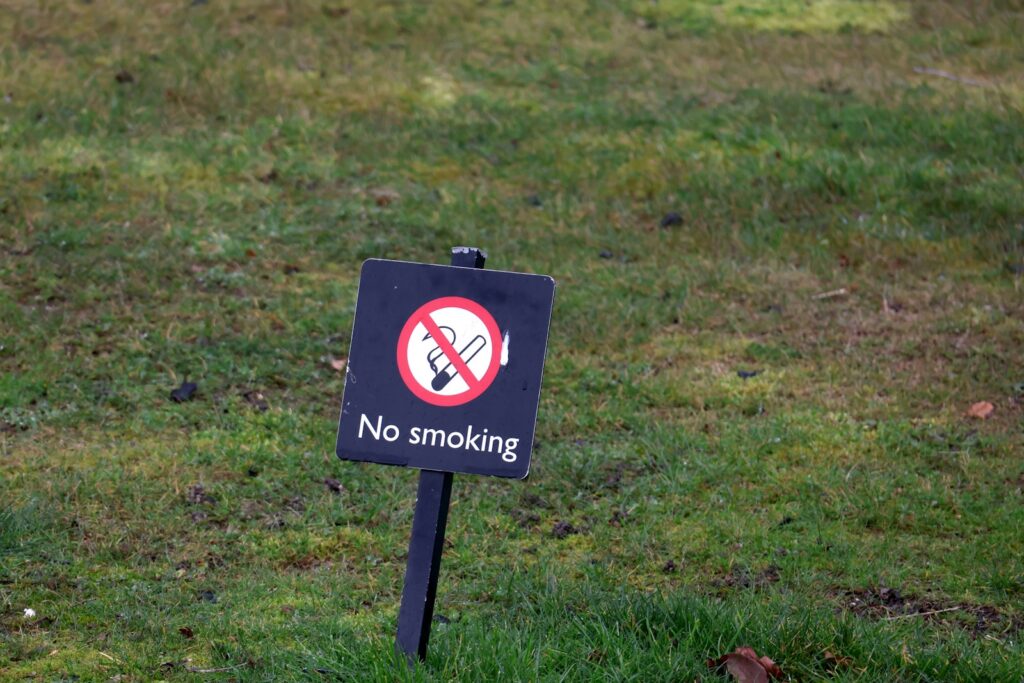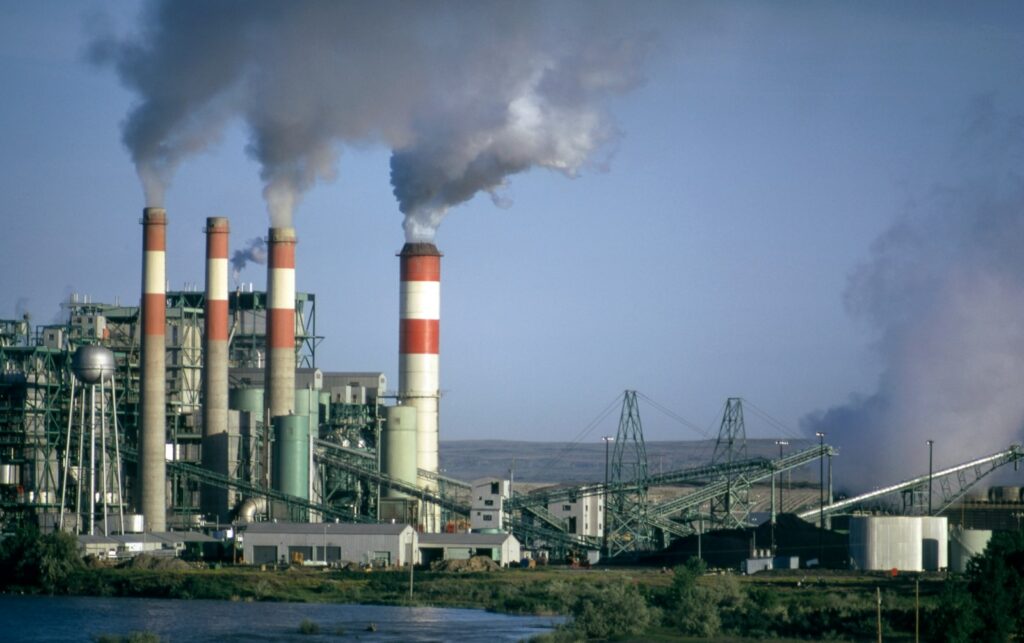Law firm Leigh Day have taken on the case of Marek Marzec who is suing his former employers, claiming that he developed silicosis after working cutting kitchen worktops in an unsafe environment.
Marek has worked for a number of companies in this field since 2012, before being diagnosed with silicosis in April this year. His silicosis is significantly advanced and he has been told he has a matter of weeks to live.
In July, Leigh Day reported an increase in approaches from people diagnosed with silicosis after working with engineered stone, or quartz.
In a blog post on 26th July, Ewan Tant, Partner, and Andrew Cooper, Senior Associate, wrote: ‘We have recently started to represent a ‘new wave’ of workers diagnosed with silicosis, after they were exposed to silica dust whilst cutting or drilling artificial stone, also known as engineered stone, which is used in quartz kitchen worktops. This has led to an increase in the diagnosis of the lung disease condition silicosis across the country.
‘The workers we have represented have developed an acute form of silicosis. This causes significant shortness of breath and severe disability, with lung transplantation often being the only potential treatment. In the worst cases it can be fatal.’
The Australian government announced a ban on engineered stone at the end of last year, which has already come into force in several states.
In the UK, the matter was debated in the Lords in January, when Lord Younger from the Department for Work & Pensions reported that: ‘the Health and Safety Executive, HSE, is not currently considering restricting the use of engineered stone. The Control of Substances Hazardous to Health Regulations already require employers to put in place measures to prevent workers being exposed to respirable crystalline silica.’
He added: ‘our information is that nobody has suffered any long-term exposure to silicosis.’
Marek would contest that. Speaking from his hospital bed, he said: ‘I arrived in the UK hoping to build a better life and wanting to make sure that my young daughters were financially secure. Instead, because of the work I did cutting quartz worktops, I have been left unable to breathe and in terrible pain.
‘I cannot tell you how angry I am that I was allowed to work in these conditions and that my life has been cut short simply for doing my job. I am not the only person whose life has been put at risk by this lethal dust. It is time for urgent action to stop these dangerous working conditions I had to face before other stone workers contract this terrible disease and die.’
The UK’s reluctance to legislate is all the more peculiar given the HSE’s own admission that ‘Silica is the biggest risk to construction workers after asbestos’.
Ewan Tant, who is representing Marek’s said: This is a tragic case, with my client now on end-of-life care as a result of working with engineered stone, in what he alleges were appalling conditions, totally unfit for purpose. No-one should end up facing the bleakest of outcomes simply as a result of going to work. We are deeply concerned that, unless something is done to address the dangers of working with engineered stone without proper protection, we may be looking at more cases with similarly appalling – and potentially fatal – outcomes in the near future.’


















Leave a Reply